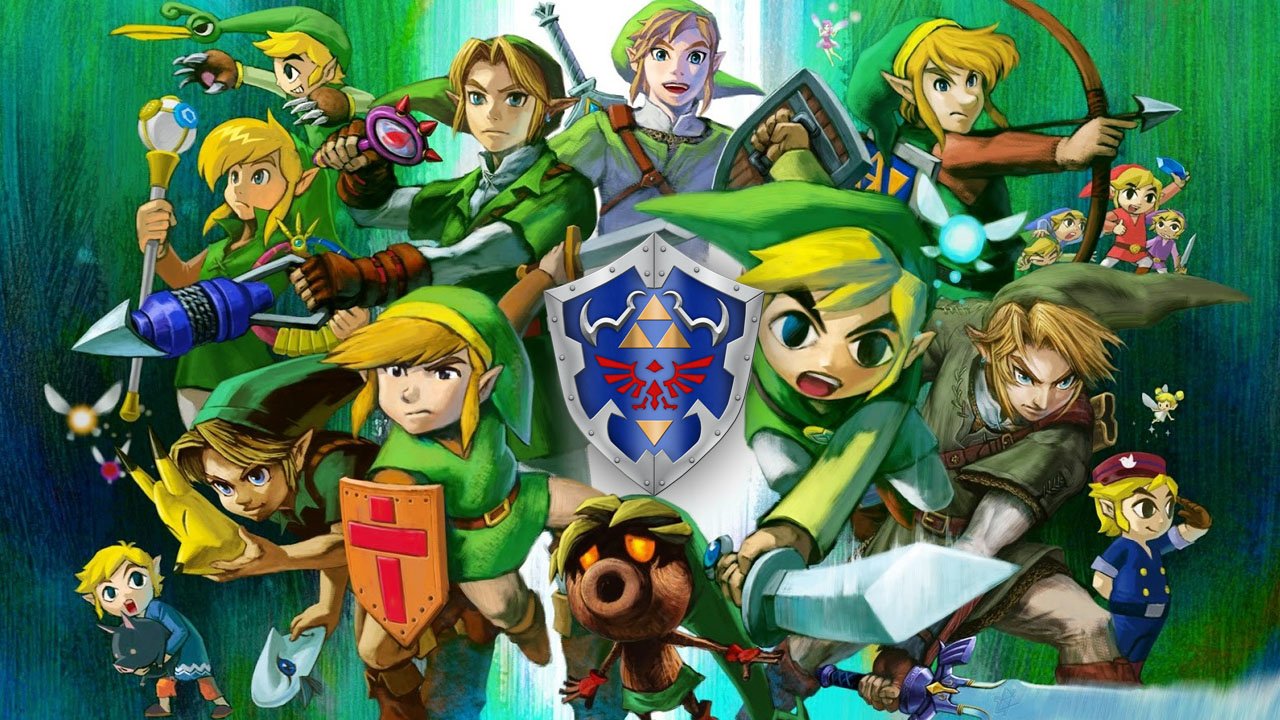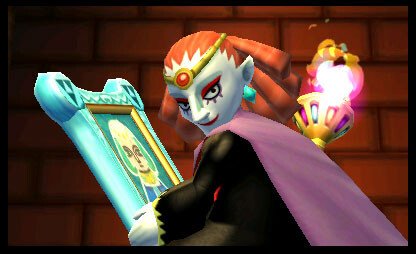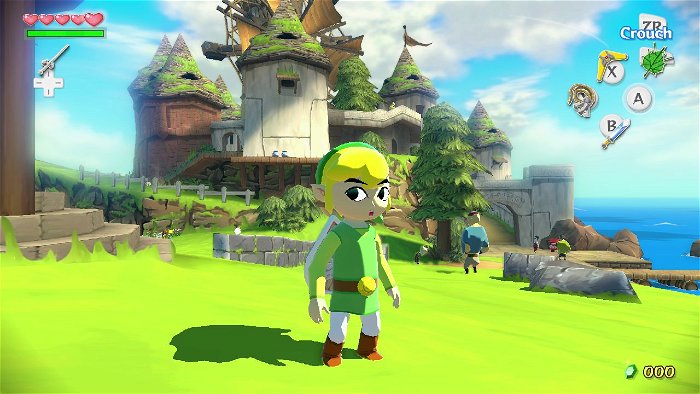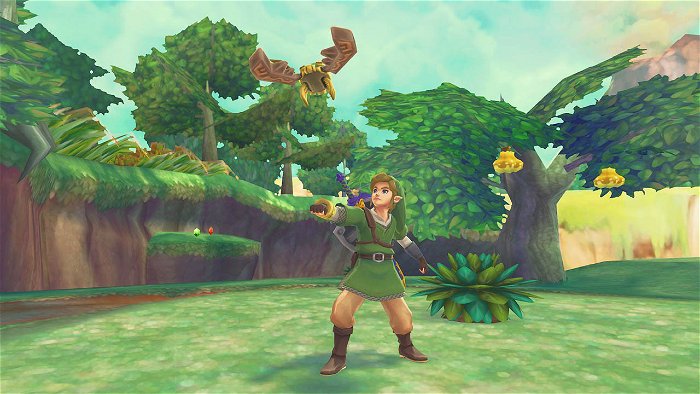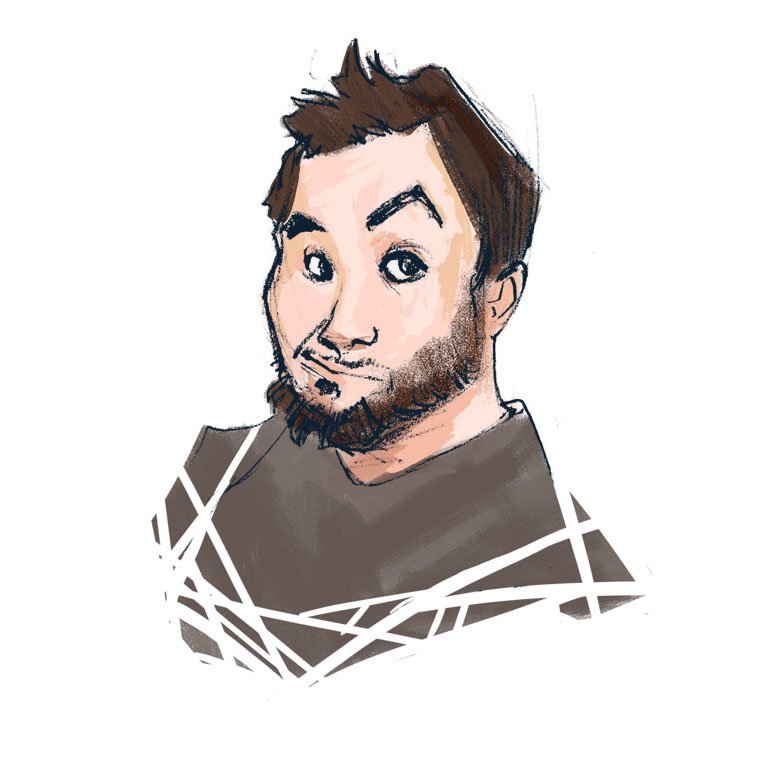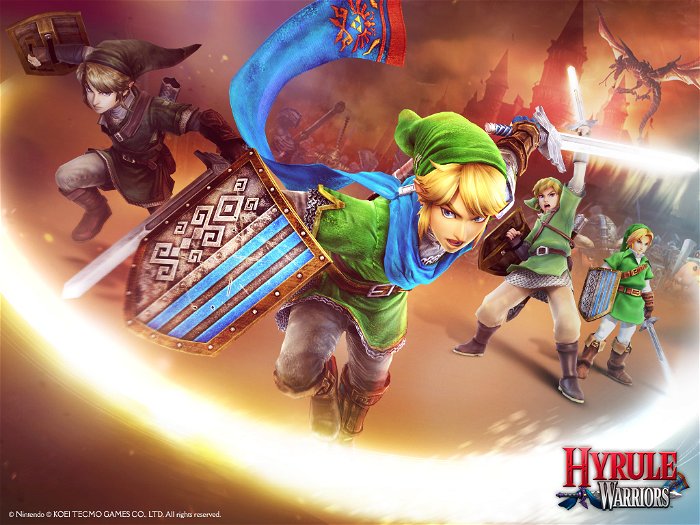
Twenty-nine years ago, Nintendo released a new game on their Famicom disk drive that shook the industry to its core, and made us rethink what games are about and how they should be played. That game was The Legend of Zelda. While it didn’t hit North America until almost a year and a half after, there is no doubt that the first entry in that series might be one of the most important games in the industry.
Development for the game started at the same time as Super Mario Bros. but as time went on, it was clear that there were two game ideas. One was straightforward, more linear and sequenced, and the other was open, free flowing and less restrictive. The latter became its own entity and that’s where the Legend of Zelda really started. From then on, the man in charge, Shigeru Miyamoto, decided what concepts worked better for the Italian Plumber, or the Hero of the Triforce. Gamers were dropped into an open world with no direction as “Link” named because he was the connection between the player and the game in a world in flux after the evil Gannon stole the Triforce of Power and set his eyes on the Triforce of Wisdom. The Princess of the land—Zelda (named after F.Scott Fitzgerald’s wife because it sounds cool)– shattered it and scattered its pieces across Hyrule for Link to find. For gamers it was unlike anything they had experienced before. For Nintendo, it was a reception they had never received before, as it was their first title to move over a million units (around 6.5 to be exact).
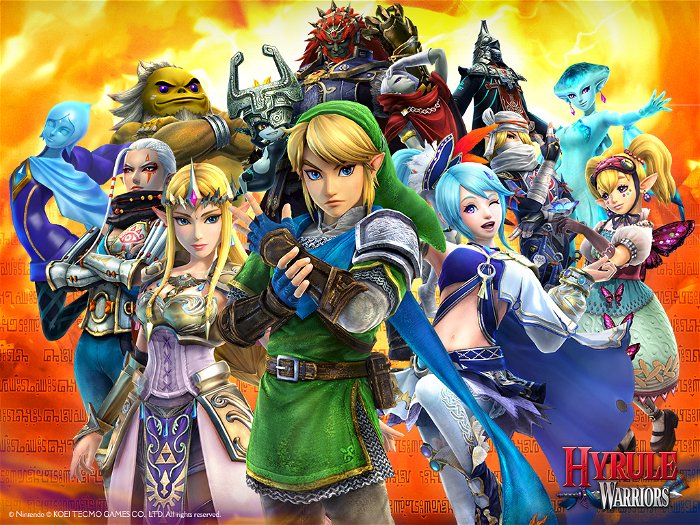
What made the title so unique for its time was that there wasn’t really anything like this. Gamers were used to experiences where there was a point system, there were high scores to beat and every run could beat your personal record. It was very arcade oriented. This wasn’t the rule, but for the most part, that was the type of game experience players would expect. Legend of Zelda legitimized console gaming as something more than arcade lite. It threw players into a living, breathing world where the player was in control of where to go, what to do and when to do it. There was a map riddled in secrets and a land with a backstory that made everything come to life. Each pixel was part of a bigger story, not just a game.
This isn’t to say the original is the best in the series. It’s not. Almost every Legend of Zelda game has improved on the original concept in some way. But that core feeling of controlled freedom, vast dungeons filled with puzzles all set in a world that comes to life as soon as you press start has carried over since the game’s inception. And it hasn’t really aged. But it’s not just the series taking inspiration from those ideas. You can still see Zelda-esque ideas riddled throughout the industry. Animal Crossing started with Miyamoto taking the sword away from players and having the gamers figure out how to solve the puzzles without weapons. Harvest Moon (and even Rune Factory) took the top down world filled with people and made it more peaceful. Even beloved modern franchises like Fallout or Elder Scrolls have Zelda sprinkled throughout the series with vast open worlds begging to be explored.
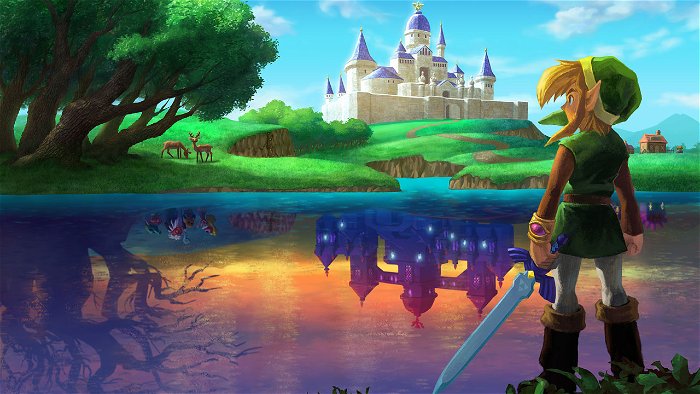
The tech wasn’t there to see the fullest version there could be, but as tech got more powerful the industry slowly retracted from fixed gameplay and has opened up worlds for people to explore. The Legend of Zelda played a huge part in that mindset that the industry has embraced in the last generation and a half. Those mountains in the background aren’t just set pieces anymore. They are part of the game. There is something beyond the horizon that you can walk to and nothing (except enemy NPCs) can stop you. The Legend of Zelda, at the very least, made that idea popular.
For a game released in 1986, it’s weird to think that games still borrow from that original concept. A lot changed since the Famicom needed a game to show off its fancy new disc drive. But all that time later, The Legend of Zelda is still has a huge influence on how videogames are viewed and played. Twenty-nine might be an insignificant number in our culture. But a title as important as this deserves some time for reflection.
